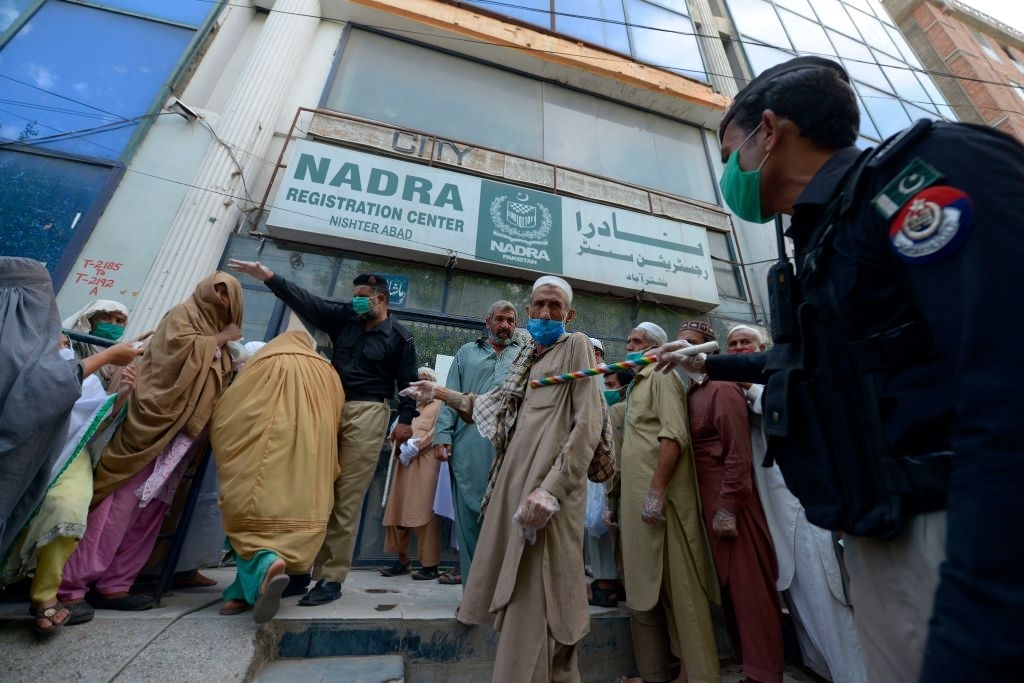Nigeria, India and China are looking forward to Data Protection Regulation (DPR). In Nigeria, the federal government is said to have abandoned a previous draft text and is working to put together a new one. India is going to adopt a report on its own draft regulation. Meanwhile, in China, a proposed internet data protection text has been released to the general public for input.
The bill, which Nigeria now wants to abandon, cost the federal government huge sums of money to draft as experts were brought in from across the board to put together the document intended to protect the personal data of Nigerians in line with Section 37 of the country’s constitution, according to the report. The Nigerian government is progressing to spend millions to interact with a consultant to draft a replacement document. The government, through the National Identity Management Commission (NIMC), is seeking credit from the World Bank and others to engage the said consultants. Data protection is a constitutional right guaranteed under section 37 of the Nigerian constitution. This latest data protection development in Nigeria will enable citizens to attend to legislation that can safeguard and guarantee their data privacy rights.
The draft Personal Data Protection (PDP) regulation in India is probably going to be tabled in Parliament within the winter. There had been delays in the adoption of the report as the chairperson of the JPC had proposed new amendments to the draft bill which include penalties for social media platforms that violate data privacy rules. Another unaddressed issue in the draft PDP concerns identity verification technology especially for entities already making use of it.
In China, the Personal Information Protection Law (PIPL) introduces the most stringent requirements and protections in the world and could prompt other Asian nations to adopt the same regulations. The PIPL is seen as China’s latest attempt to regulate cyberspace. It follows measures to rein in its experts that range from limiting the amount of time spent on online games to ordering food from delivery companies to raising protection to companies.
Alexa Lee, a senior manager at the Information Technology Industry Council in Washington, DC told Thomson Reuters Foundation that the PIPL is as much about protecting the privacy of China’s nearly 1 billion internet users as it is about prioritizing national security through cross-border data flow restrictions and continued surveillance. Tiktok has sent alerts to some users asking them to submit claims for compensation.
Sources:






Comments